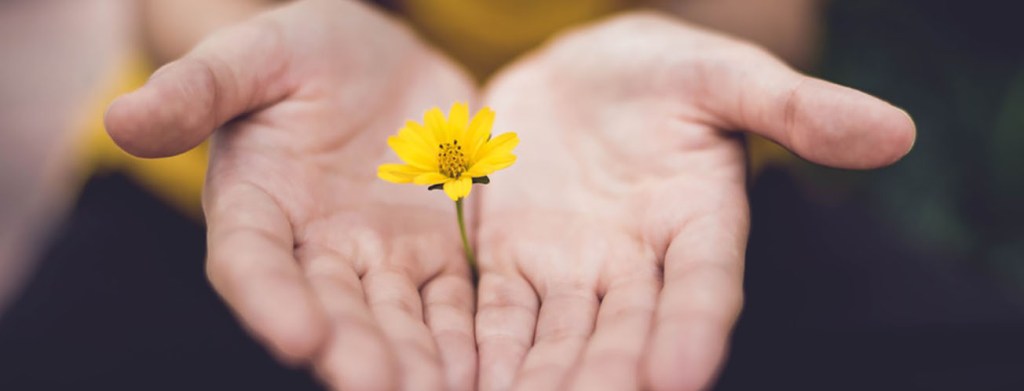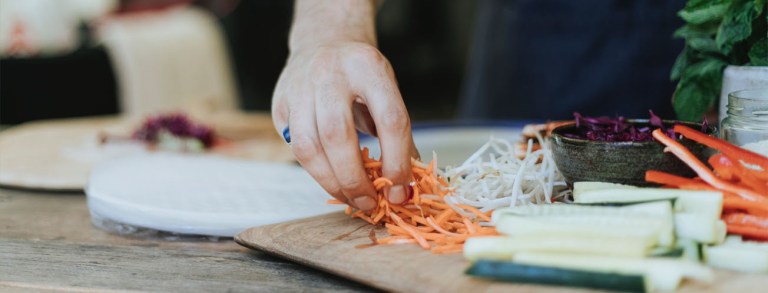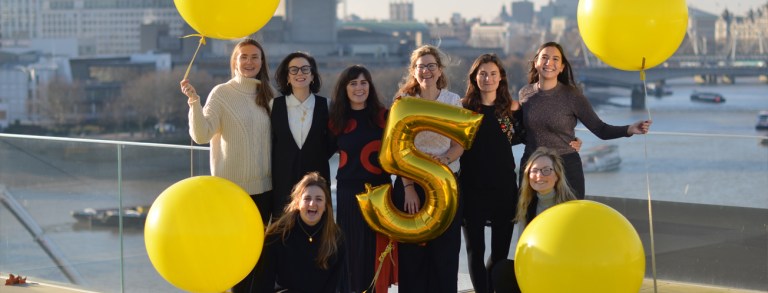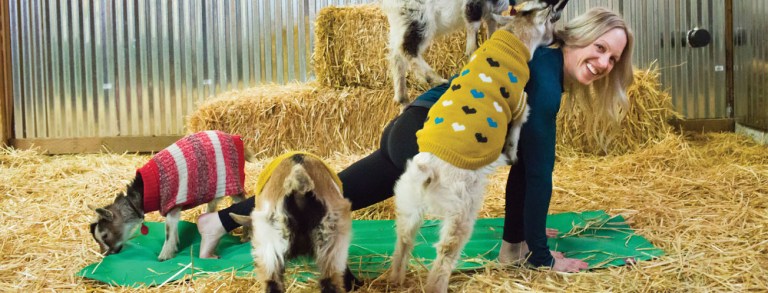Motherless Daughters and the legacy of loss

by Hope Edelman
Early mother loss is often an isolating, lonely experience for the daughters left behind. When my mother died of breast cancer in 1981, I was seventeen and none of my friends had been through anything similar. My siblings and I felt like our own little island floating in a sea of dual-parent households. Not until I was twenty seven – and interviewing women for this book – did I discover a whole tribe of daughters like me. Our similarities were striking. By losing our mothers young, we’d grown up quickly yet felt that pieces of us had been left behind; we were fiercely independent yet often lacking in self-confidence; and we were resilient yet capable of crumpling quickly when poked in very specific, tender spots. Most of all, many of us had learned to self-silence about our losses, and that silence had often led to a sense of shame.
Forty years ago, grief was believed to be a linear, progressive process that led mourners from a state of acute crisis to one of resolution and acceptance. For the women I met, however, this wasn’t how grief worked at all. They continued to painfully miss their mothers at lifespan events such as graduations, weddings, and childbirth, and also on recurring dates such as birthdays, holidays, and anniversaries. But the message they’d received, and internalized, was that if they hadn’t “gotten over it” yet, they must have gotten mourning wrong.
Motherless Daughters, now in an updated 20th Anniversary Edition, examines mourning as a lifelong process, one that’s naturally protracted for children and adolescents as their emotions and intellect continue to mature. And yet over time, a mother’s death can also grant unexpected gifts. Women also speak of it as a springboard for ambition, personal growth, and an appreciation for what matters most.
More than 100 children per day are bereaved of a mum or dad in the UK. Too many of them grow up believing they are walking this path alone. Over the past twenty years, dozens of support groups, online message boards, and retreats for motherless daughters have started in the US, UK, Australia, Europe and Canada to help women break the silence around early mother loss together. It’s my hope that this book will continue to offer daughters the same kind of solidarity and community I found while writing it. My life was greatly enhanced by hearing these women’s stories. I hope yours will be, too.











